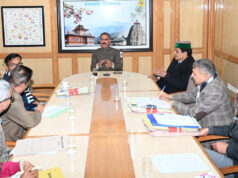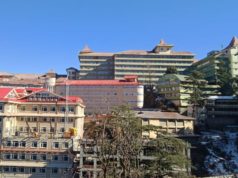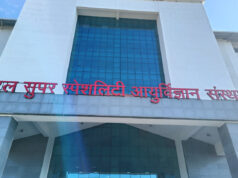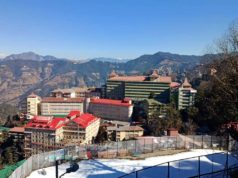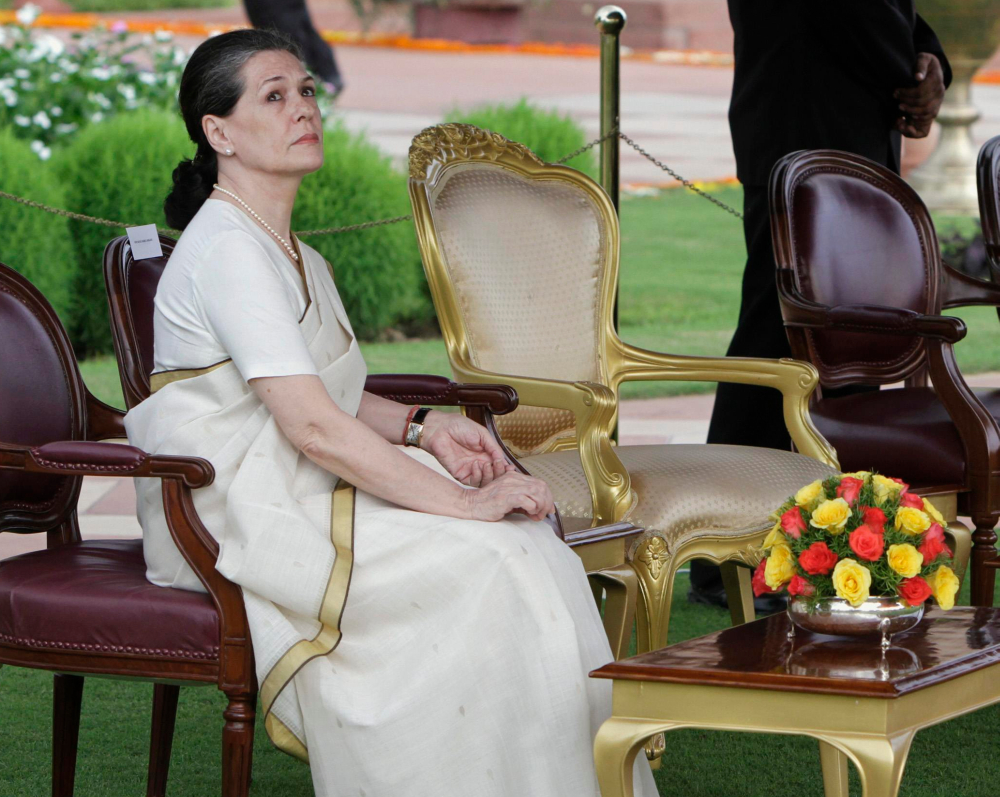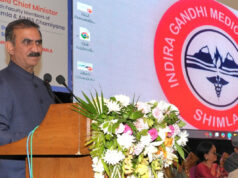Shimla – Patients across Himachal Pradesh can finally breathe a sigh of relief as doctors are set to resume OPD services on Wednesday, following a week-long strike. The strike, which had severely disrupted medical services across the state, was called off after the doctors reached an agreement with Chief Minister Sukhvinder Singh Sukhu during a meeting at the Secretariat.
The doctors, who were protesting for stronger safety measures in the wake of the rape and murder of a trainee doctor in Kolkata, had been demanding a guarantee of their security from the state government. The strike involved key medical bodies, including the Association of Medical and Dental College Teachers Association, the Resident Doctors Association, and the Medical Officer Association.
On Tuesday, the situation escalated when the doctors took out a protest rally from IGMC to the Secretariat, attempting to surround the building in a show of solidarity. For nearly two hours, the protesting doctors stood outside, seeking a direct dialogue with the Chief Minister.
Responding to their demands, Chief Minister Sukhu assured the doctors that the government is fully committed to their safety. He promised to issue a notification for the Prevention of Violence and Damage to Property (Amendment) Act 2017, aimed at protecting healthcare workers and their work environment.
After this assurance, the doctors retreated from the Secretariat and convened a meeting at around 3 PM. The meeting, chaired by Balveer S. Verma, President of the Association of Medical and Dental College Teachers Association, saw a unanimous decision to end the strike and resume OPD services as normal.
Dr. Manish Gupta, Social Secretary of the Association, confirmed that the decision to return to work was made jointly, bringing an end to the strike that had affected healthcare delivery across the state.
With the doctors now returning to their duties, medical services in Himachal Pradesh are expected to return to normal, much to the relief of the thousands of patients who rely on these critical services daily.


